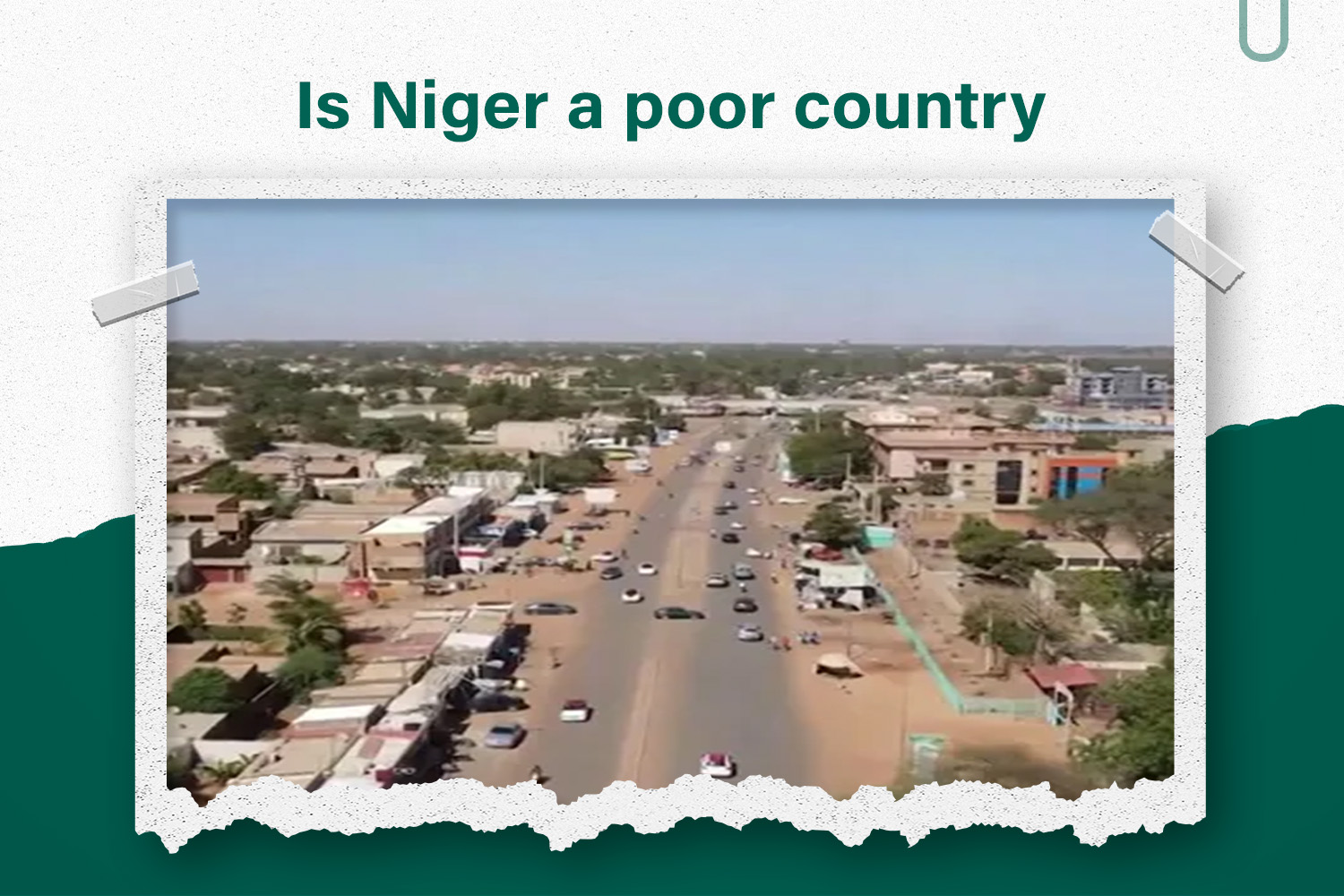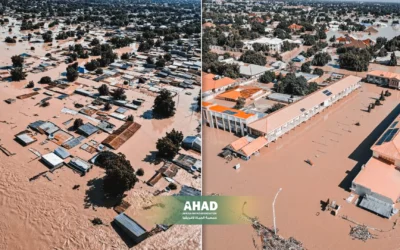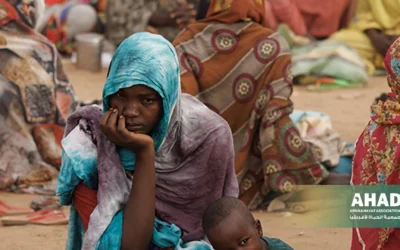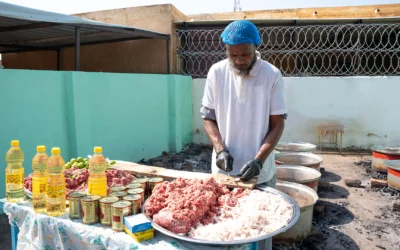Poverty is one of the biggest challenges facing global societies. Poverty affects all aspects of life from the provision of food and shelter to education, health and economic and social development. One of the most important types of poverty is extreme poverty, where the most extreme suffer from the inability to afford basic life costs. In this article we will discuss the answer to the question is Nigeria a poor country
Definition of poverty
Poverty can be defined as the inability to obtain basic life needs such as food, shelter, health, education, electricity and water. It is important to note that poverty is not only a material issue, but the individual is affected by the psychological and social consequences of poverty as well.

Is Nigeria a poor country
Electricity and water consumption
The consumption of electricity and water is one of the most basic needs of life. An increase in electricity and water prices may lead to an increase in poverty rates, as an individual is unable to obtain basic needs due to high prices. In recent years, many countries have seen an increase in electricity and water prices, putting the extreme at risk of losing access to these basic services.
Resources of Nigeria
Nigeria is one of the most populous countries in Africa, and it has many different natural resources, among which there are agricultural and Mineral Resources.
Oil and gas
Nigeria is the most oil-producing country in Africa, where oil accounts for more than 80% of export revenues, and the National Oil Company of Nigeria is the largest oil company in Africa. Nigeria also has significant natural gas resources, and gas is a key pillar of the Nigerian economy.
Agriculture and livestock
Agriculture and livestock are the main sources of income in Nigeria, with the country growing many crops such as cocoa, cotton, rice grains and fodder. Livestock is also an important source of the Nigerian economy, as it is used for the production of meat, milk and other products. However, agriculture in Nigeria faces many challenges, such as lack of funding, appropriate technology and mismanagement of resources.
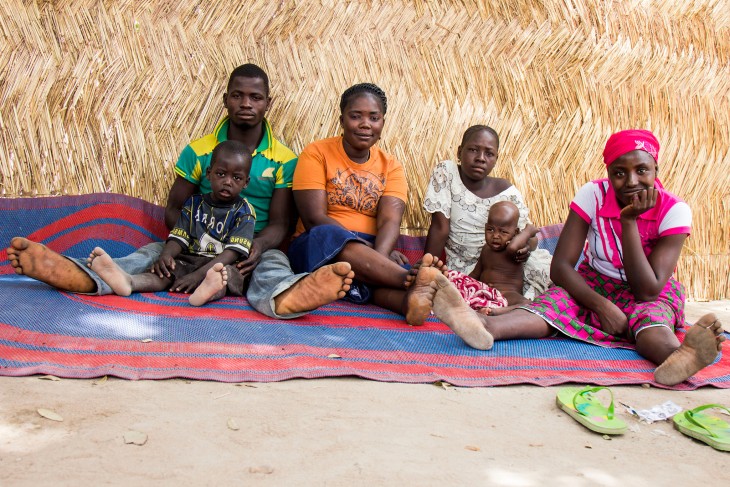
Distribution of wealth in Nigeria
Nigeria suffers from an unfair distribution of wealth, where wealth is concentrated in the hands of a few few and the poor suffer from severe poverty. Oil and gas resources are controlled by a small group, corruption and bribes abound in this sector. This causes a significant disparity between income levels.
The difference between rich and poor
The poor majority live in rural areas and forgotten cities and exist in a state of extreme poverty, it is often difficult for them to provide their basic needs such as housing, food and clean water. While the rich enjoy high standards of luxury living and own a fleet of cars and real estate, they belong to the ruling class that pushes state policy in their favor.
Distribution of wealth between the northern and southern regions
The southern and northern regions differ in terms of the distribution of wealth, it is in the South that most of the oil and gas fields are located and the region has a good education and health system. While in the North, many citizens suffer from diseases and poverty due to the lack of natural resources such as oil and gas, and some areas in the North also face difficulties in obtaining clean water and adequate lighting.
Infrastructure in Nigeria
Nigeria is experiencing significant challenges in terms of infrastructure, as all sectors, especially railways and roads, have benefited insufficiently from the ongoing global developments in this area.
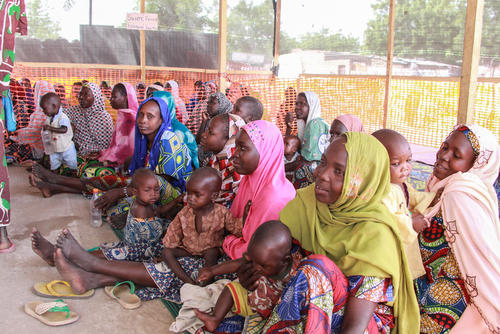
Challenges facing infrastructure
Population growth in Nigeria has outpaced the pace of growth in infrastructure construction, as economic growth is concentrated in cities and government services are unevenly distributed, making infrastructure in the countryside inadequate or missing. At the same time, the delayed returns of vital infrastructure projects are hereditary caused by corruption and land disputes will be more difficult.
The impact of infrastructure failure on the economy
The low infrastructure in Nigeria has caused a decrease in productivity, reduced employment opportunities and an increase in the cost of transport and communications, affecting trade and investment movement and creating economic instability. This ultimately leads to an aggravation of poverty and inequality among citizens.
It is important to work on improving infrastructure in Nigeria to encourage economic growth and create more jobs, reduce transportation and communication costs, improve trade and investment mobility, and create a culture of using available resources in a sustainable way.
The banking sector in Nigeria
Nigeria is one of the largest economies in Africa, with the banking sector being one of the vital sectors of the Nigerian economy. But despite this, the banking sector in Nigeria is experiencing several challenges.
Major banks in Nigeria
Nigeria has many local and international banks that occupy a key role in the banking sector, among which are:- the Central Bank of Nigeria.- FirstBank bank.- Guaranty Trust Bank.- Zenith Bank.
Challenges faced by the banking sector
The banking sector in Nigeria faces many challenges, the most prominent of which are:- the traditional banking system that has not been sufficiently developed.- Slow growth, which is a challenge in the face of growing demand.- Low performance of assets and deposits in banks.- High interest rates and inflation.- Corruption and tax evasion.
The banking sector in Nigeria needs to work on change and improvement in performance and management, and better develop banks and financial institutions to meet the growing needs of the Nigerian economy.
Social challenges in Nigeria
The social system in Nigeria faces many challenges that affect the daily lives of citizens. The most prominent of these challenges are education and health care.
Education
The educational issue in Nigeria is one of the most prominent social challenges, as government schools face difficulties in providing students with appropriate education. These challenges are reflected in the level of education of citizens and their ability to participate in the labor market.
Health care
The health system in Nigeria is experiencing challenges that affect the quality of medical services provided to citizens. The death rate from infectious diseases is one of the highest in the world. This phenomenon is due to the lack of necessary medical equipment and the lack of resources for the health system.
The government in Nigeria needs reform and improvement in these two vital sectors to improve the quality of life of citizens and ensure the stability of the country’s social system.
The role of AHAD in the fight against poverty in Nigeria
AHAD plays a big role in the fight against poverty in Nigeria and is an association that works in Africa. The association focuses on promoting sustainable development in rural areas and specifically for the benefit of the poor population. The association works to provide basic services to rural communities such as training, education, health care, housing, water and sanitation.
AHAD cooperates with communities and local governments to provide ongoing support to local communities by organizing health campaigns, providing agricultural equipment, and conducting educational and training programs. The association works to develop skills for local workers and promote local industries by encouraging innovation and creativity.
AHAD society declares its will to improve the economic situation of rural communities by fighting poverty and creating job opportunities for citizens. By achieving this, the association works to make communities more independent and develop their capabilities to contribute to the achievement of sustainable development.
There is no doubt that AHAD society is an example of giving and dedication in the field of serving local communities and helping them to develop economic and social activities in order to improve the quality of life for its residents.
Is Nigeria a poor country
Nigeria occupies the sixth position in the world in terms of its population, it is considered an oil-producing country, but it suffers from extreme poverty and a huge gap between the rich and the poor, with 40% of the country’s population living below the poverty zone.
Proposed recommendations for poverty reduction in Nigeria.
The proposed recommendations for poverty reduction in Nigeria are to increase investment in national industries, agriculture and education, modernize the health and environmental sector, support small and medium-sized enterprises and encourage entrepreneurship, improve the structure of legislation, regulations and government institutions, promote education, vocational training and Skills Development, develop infrastructure and improve the equitable distribution of wealth and resources.
There is no doubt that poverty reduction requires continuous and comprehensive efforts to implement sustainable development and digital transformation programs, promote innovation and creativity, and establish the principles of justice, equality and Human Rights.

